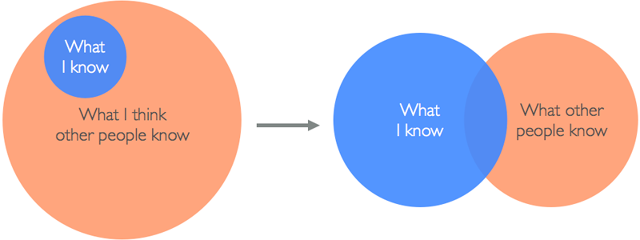It’s been a week of firsts around these parts, you guys.
Last week, I graduated from coach shadowing to co-coaching and actually led my first classes at Solcana CrossFit. (I also tweaked my neck walking my 10lb dog but we don’t have to get into that.)
But that first part…did you catch that?
I led my first classes at Solcana CrossFit (under the watchful eyes of Coach Jerik, nonetheless). This brings about a myriad of emotions as I work my way to being a full fledged coach at the gym. But I wouldn’t be being honest with you if I didn’t mention the daily struggle with imposter syndrome. I know many of you out there know what I’m talking about. Those of you that aren’t familiar? You’re lucky. Let me explain.
A couple of weeks ago I was at the gym on a Saturday, with only Coach(es) Morgen, Jerik, and Jeff. Coach Sampson walked in and made a reference to our workout being “coach only” and I immediately felt like a fake – like I shouldn’t be there because I wasn’t on par with these amazing athletic people! And I remembered thinking “he just called you a coach” as my cheeks got a little hot with embarrassment. Not because I was embarrassed to be there, more like I was embarrassed to be grouped in with a massively strong crew that I didn’t quite feel up to par with. I give you imposter syndrome.
According to the American Psycological Association, imposter sybdrome was first described by psychologists Suzanne Imes, PhD, and Pauline Rose Clance, PhD, in the 1970s. They found that the phenomenon occurs among high achievers who are unable to internalize and accept their success. They often attribute their accomplishments to luck rather than to ability, and fear that others will eventually unmask them as a fraud.
Sound familiar? Let me go on.
Impostor syndrome can be defined as a collection of feelings of inadequacy that persist even in face of information that indicates that the opposite is true. It is experienced internally as chronic self-doubt, and feelings of fraudulence. It is basically feeling that you are not really successful, or competent, and that you are only imposing as such.
Some common feelings and thoughts that might characterize the impostor syndrome are: “I feel like a fake” “My peers etc. are going to find out I don’t really belong here,” “Coach Hannah made a mistake,” etc.

Here are some mechanisms I employ on a daily basis to help me keep grounded in reality. Maybe you’ll find them helpful, too:
1. Come off it. Usually I feel like a fraud when I think I’m more important than I am. When you feel like a fraud it’s in relation to some perfection that never actually existed. Letting go of some of your excess self-importance will go a long way in helping you feel less like a fake. So what. I can’t yet do a pullup or a handstand. Does anyone even care? I’m working on it and that’s all I can do right now.
2. Accept that you have had some role in your successes. We feel like frauds because we are “unable to internalize our successes”. Coach Hannah suggested the CrossFit L1 Certification to me because she saw something in me that could be nurtured into being a good coach for her business. She wouldn’t take a detrimental risk that would hurt her business so THERE IS A REASON YOU ARE HERE, JENN!
3. Faking things actually does work. Sometimes faking it doesn’t mean you are a fraud. I know how to snatch. I’ve done the drills a million times. If I fake the confidence you’ll believe I feel qualified to teach it, too. I mean, hello! Neuroplasticity, anyone?!
When you were a baby you tried to walk and fell down every time. Were you a walking impostor? Who are you to walk!? You can’t even do it! It’s absurd!
Silicon Valley has been built by people trying to do things that probably weren’t going to work. We need them to keep trying. We need you to keep trying. We need you. Whether you feel like an impostor or not.
3. Focus on providing value. Stop making it about me. Who cares what will they think of me? If I fail they’ll shun me. I don’t know as much as the other coaches, so, I have no right to say anything on the topic. Blah blah blah. The fastest way to get over feeling like a fraud is to genuinely try to help someone else. In the class I coached last week, I was able to help a few relatively new Solcana athletes with their form. I remember what it’s like to be new to CrossFit and have all of these wild and unfamiliar concepts thrown at you. To see them grasp concepts and connect movements has been the most fun. They ask me questions because they see me as a resource…as a coach. As their coach. I’ve even had the pleasure these last few weeks of working with a one-on-one training client, brand new to CrossFit – and he is helping me as much as I’m helping him. He’s getting comfortable in the gym and I’m getting valuable experience working on my teaching style. Win win!
4. Say “It’s Impostor Syndrome” and it immediately becomes a little less terrible. Like right now in this blog post. It’s imposter syndrome. It really is.
It’s imposible for impostor syndrome to survive when you’re actively doing something towards reaching your goals. Right? I mean, doing something proves that you’re not a fraud.
Again. Say it out loud this time: doing something proves that you’re not a fraud.
I am not a fraud. I’m just a beginner. And I can live with that.

